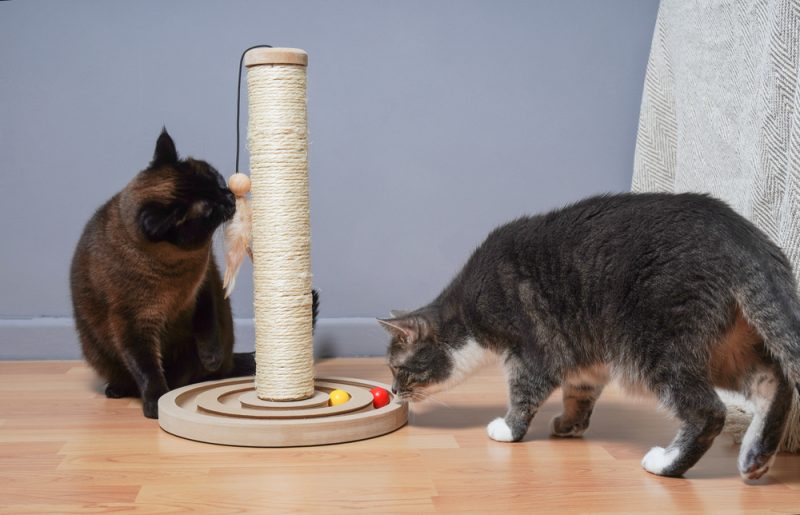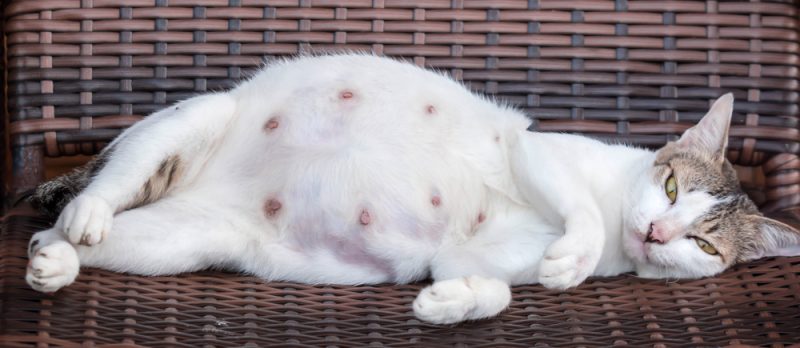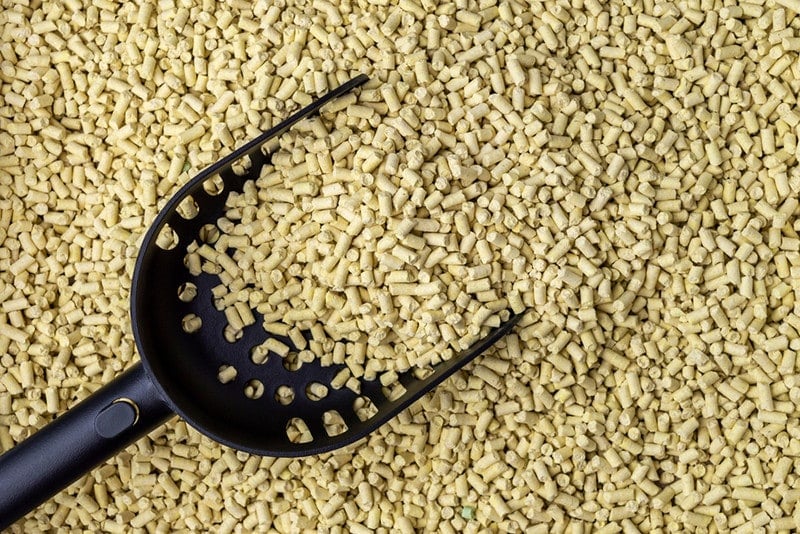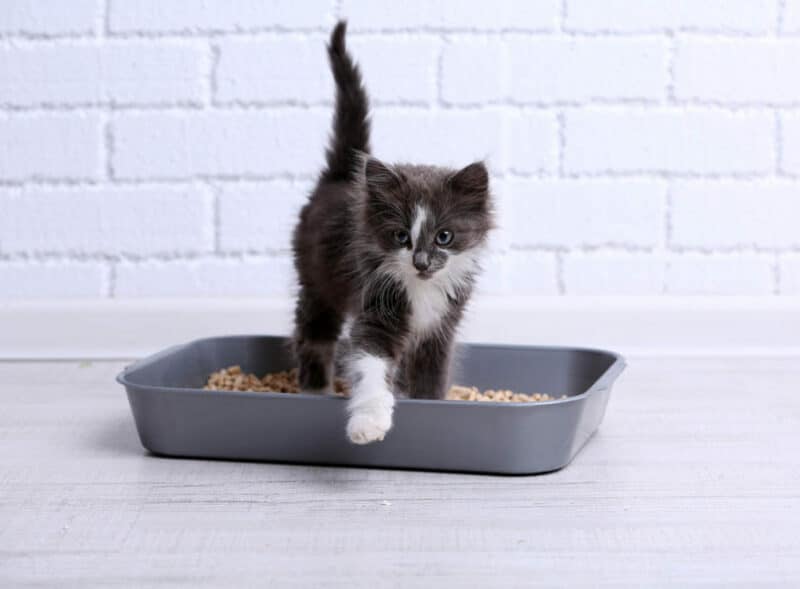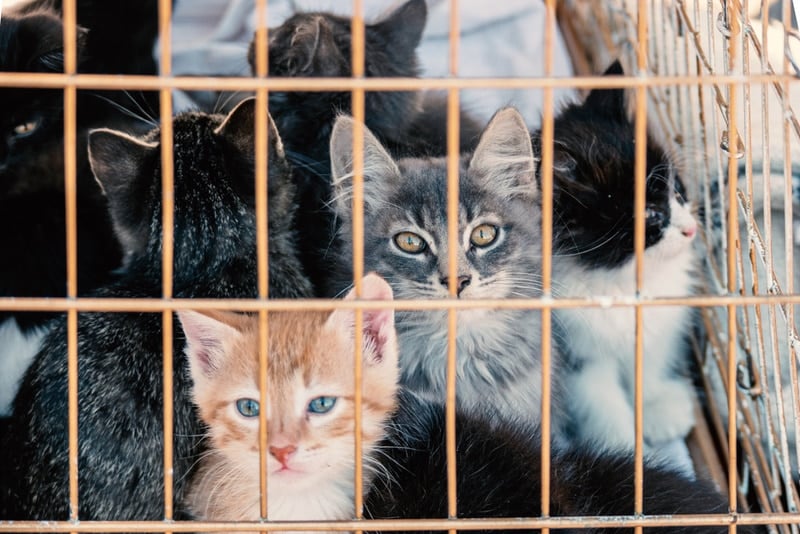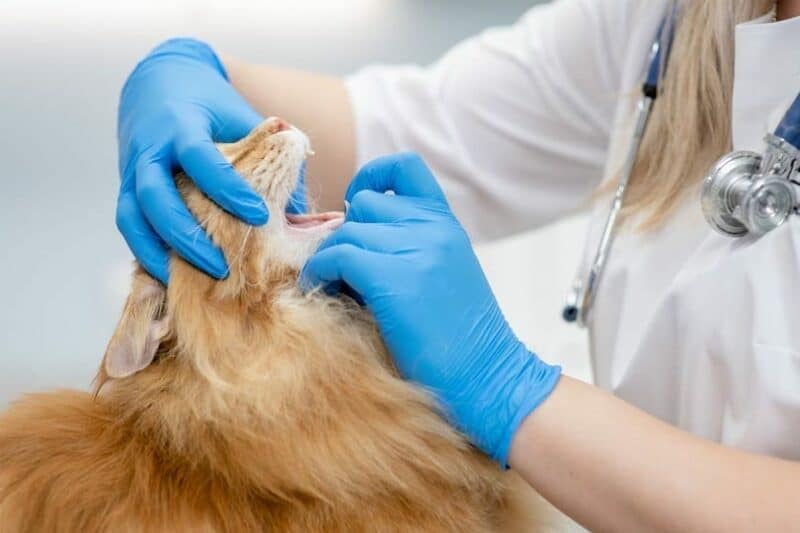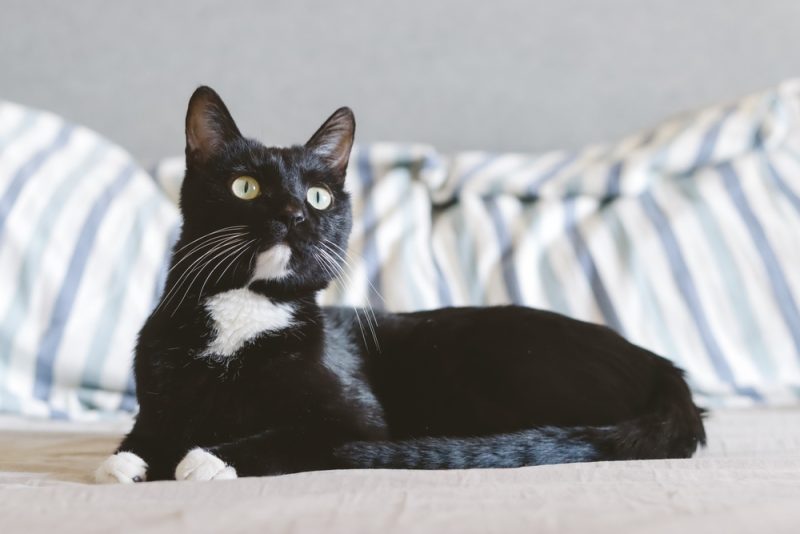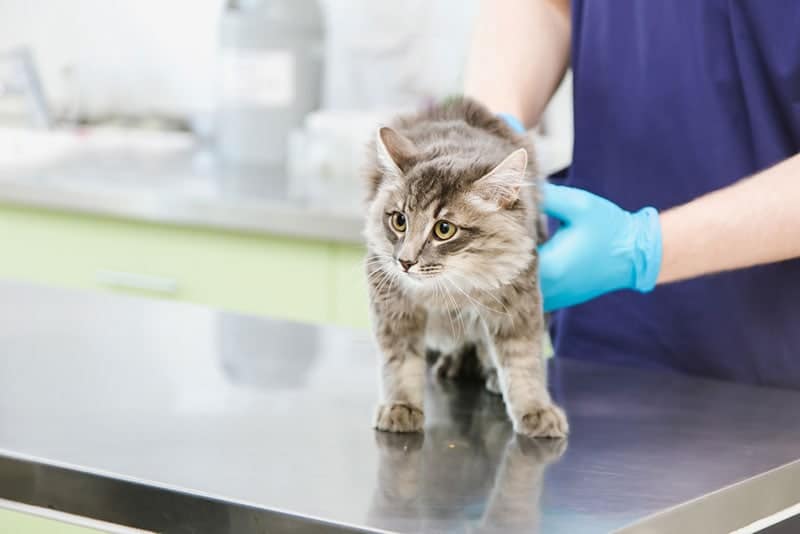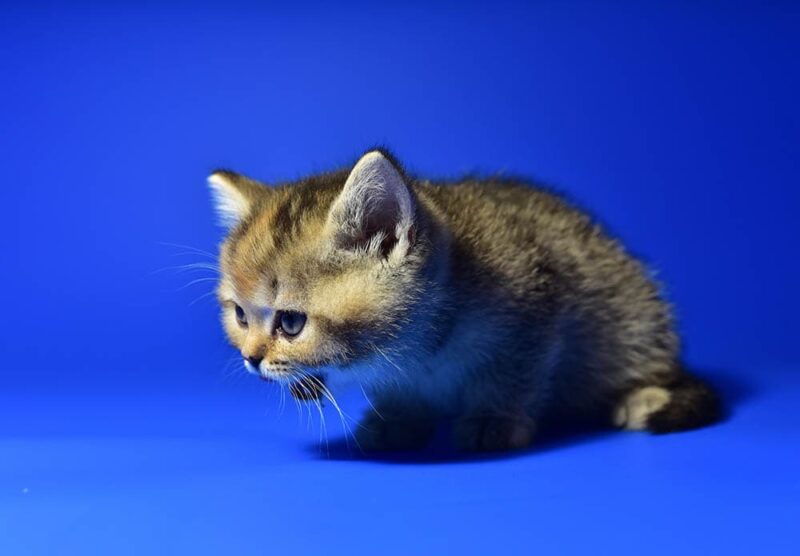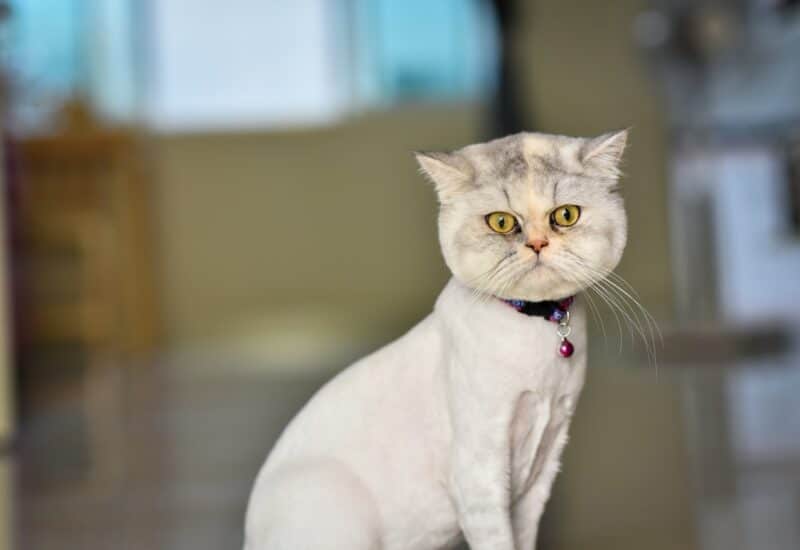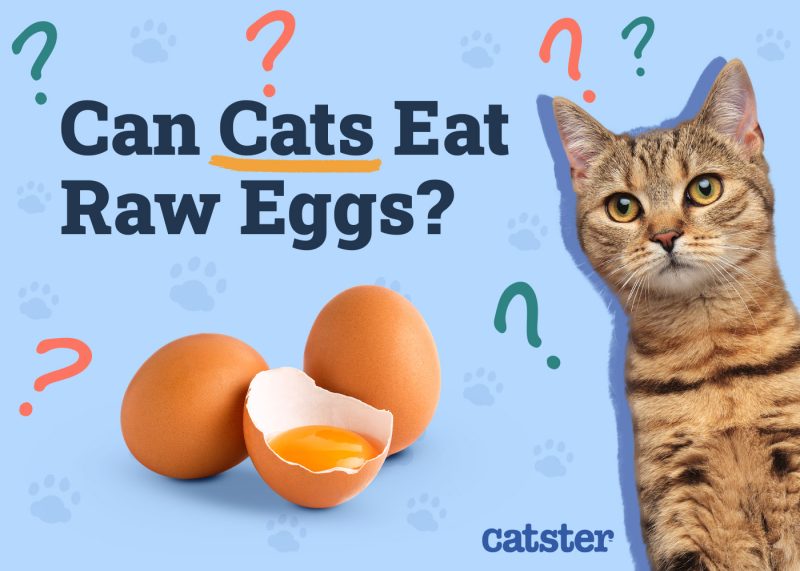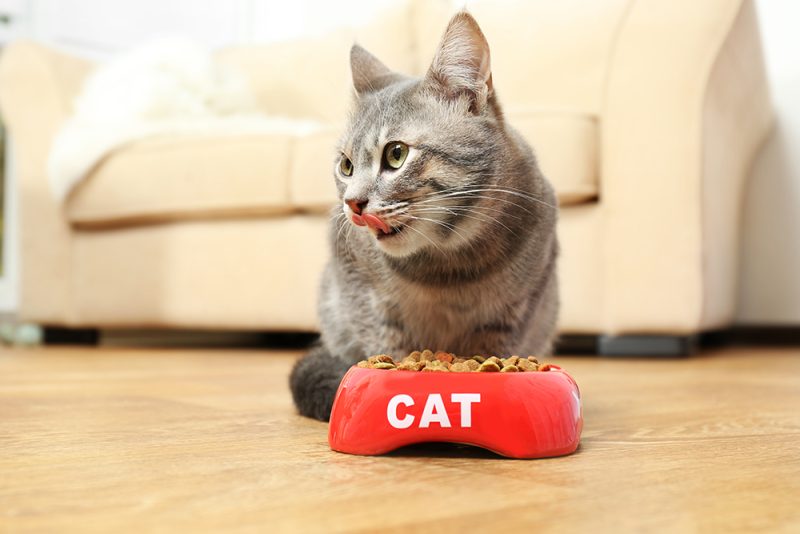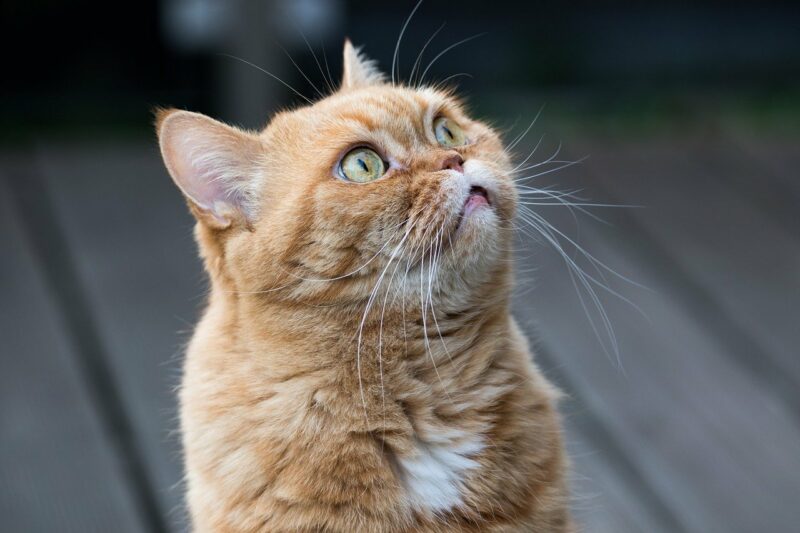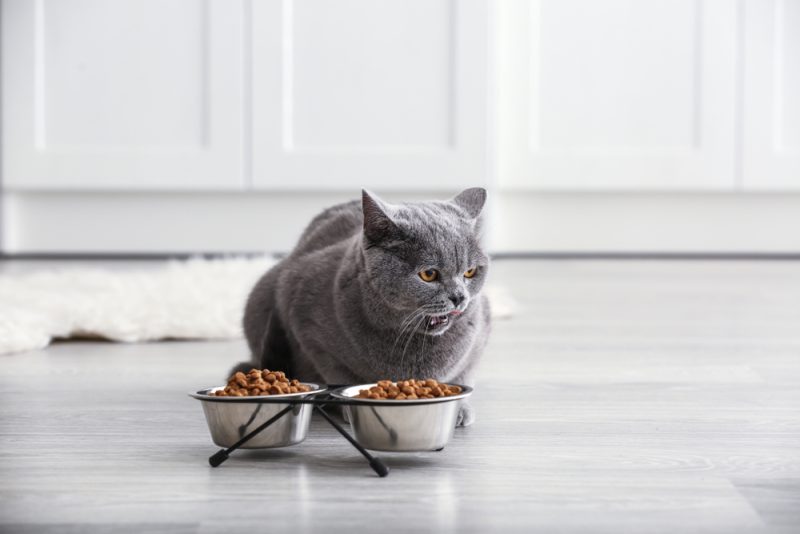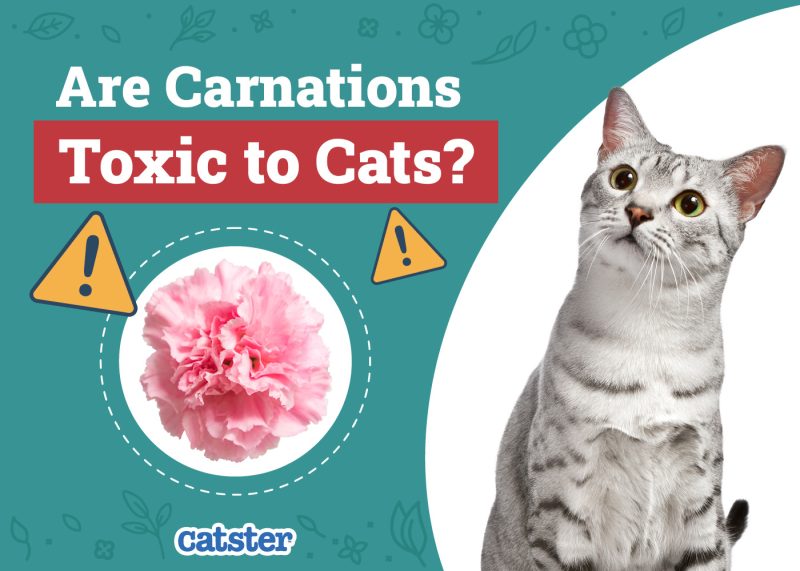In this article
Playing is beneficial for cats in so many different ways as it encourages independence, promotes positive brain development, relieves stress, and keeps your cat healthy. Because of this, playing is an essential activity in every feline’s life, and most felines typically love to play. However, sometimes a cat can stop liking playtime all of a sudden, raising concerns about what’s happening.
So, what happens when your cat isn’t interested in playing anymore? Is it something that should worry you? You shouldn’t be worried if your cat is bored, but you should look for ways for your feline to participate in playful activities again.
Keep reading to find out how much play time cats need, what could be the cause of your cat not being interested in playtime, and how to encourage it to play again.

The Normal Level of Feline Activity
Cats are typically lively animals that love to chase and jump around. However, their activity level will vary depending on their age and health. That makes some cats less active and others more active. Any feline with low activity will need encouragement from your side, as play is essential for keeping your cat healthy.
While there’s no general rule on the amount of activity your feline needs to have, it’s typically recommended for an indoor cat to have at least 30 minutes of playtime per day. Of course, you should look for games that feel good for your feline, and you shouldn’t force play time upon it.
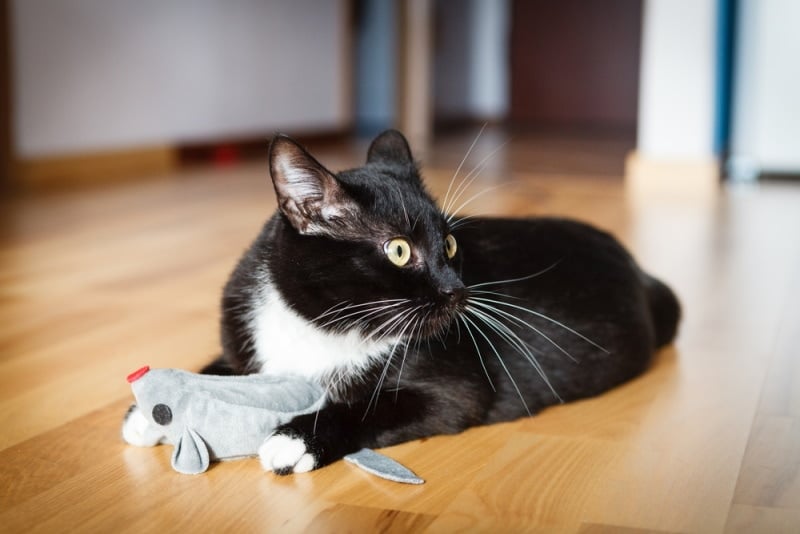
Why Is Play Important for Cats?
Play affects cats in many positive ways, which is why every feline needs to engage in daily playing. Any form of play with your cat will help you grow a bond between you and your furry friend while promoting their health, improving brain activity, and helping them exercise.
It’s also important to mention that playing stimulates and improves mental health in cats while relieving stress and anxiety, and decreasing boredom. Playing with your cat will positively impact your feline’s behavior and lessen any destructive patterns it might have. Moreover, interactive play with your cat is the best way to strengthen your bond.
Without enough play, your cat could become depressed and even obese. If your cat isn’t interested in playing, you need to be responsible for engaging your feline and making it have at least some play time during the day.
Playing is an important part of keeping your cat mentally and physically engaged, and a great toy will make it much easier. We like Hepper's Catnip Stick Toys because they're sturdy enough to handle intense play and completely filled with organic catnip. You'll love the fun range of pastel colors and your cat will enjoy the prey-like shape!
At Catster, we’ve admired Hepper for many years and decided to take a controlling ownership interest so that we could benefit from the outstanding designs of this cool cat company!

The 5 Reasons That Could Cause a Cat to Lose Interest in Playing
When a cat loses interest in playing, there are typically several reasons behind the problem.
- Your feline’s age
- Your feline’s health
- To much stress and anxiety
- Change in energy levels
- Boredom
1. Age
Kittens and young cats are always full of energy and love to engage in any activity that requires them to be active and energetic. They learn through play and expand their view of the world by engaging with everything around them. However, older cats tend to lose interest in play, especially if they reach the age of 7.
It’s normal for cats to gradually become less interested in playing, but even in older years, some play time is still necessary.
Typically, cats become less mobile with age, and they could develop health conditions that affect their overall interest in play and exercise. If this happens you should come up with creative ways that will encourage your feline to play more without getting too tired.
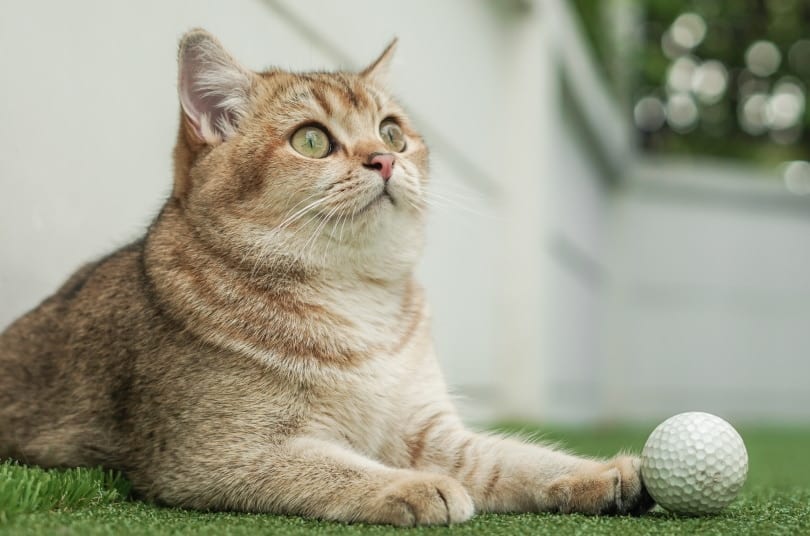
Should This Worry You?
It’s nothing but natural for a cat to be less interested in play as it gets older, and that shouldn’t worry you. Still, that doesn’t mean your cat doesn’t need playing altogether.
Try to come up with different ideas to include playtime in your cat’s routine and figure out which game is suitable for your cat’s age and overall physical condition. There’s no need to be pushy or make your senior feline work extra hard, as even small efforts will go a long way.
2. Health
If your cat is commonly cheerful and active, but it suddenly becomes uninterested in playing, that might be a red flag. While the reason behind this issue could be as simple as boredom, your cat could also suffer from an underlying medical condition. Because of that, you should always discuss significant changes in your feline’s behavior with a vet.
- Loss of appetite
- Lethargy
- Vomiting
- Diarrhea
Unfortunately, many medical conditions could cause your feline to feel awful, meaning it won’t have interest in play. A vet checkup will relieve your mind and allow you to find a way to help your cat.
One of the most common health problems that make cats inactive is obesity and being overweight. Many indoor cats are obese because they are free-fed carbohydrate-loaded dry cat foods and don’t get enough activity throughout the day, making your cat less mobile and less active each day.
While overweight cats tend to be less active than cats with normal weight, they can also showcase an array of issues, leading to other health issues, including:
- Breathing problems
- Shorten lifespan
- Arthritis
- Fatty liver disease
- Diabetes
- Lower urinary tract disease
Should This Worry You?
If there’s a medical condition causing your feline to lose interest in playing, it’s normal to worry. However, instead of focusing on the issue and feeling worried, you should try to help your cat in any way possible.
That means you should schedule a vet check, get an opinion about what’s going on, and learn what you can do for your feline. Your support is crucial because that’s the only way to help your cat get better and encourage it to play again.
If you need to speak with a vet but can't get to one, head over to PangoVet. It's an online service where you can talk to a vet online and get the advice you need for your pet — all at an affordable price!

3. Stress and Anxiety
Cats are sensitive creatures, and they typically don’t react to stress and anxiety very well. If your cat is feeling anxious or stressed, especially for a long period of time, it can develop destructive patterns, including a lack of interest in playing.
- Dilated pupils
- Frequent ear flicking
- Crouching
- Overgrooming
- Undergrooming
- Hair standing up
- Excess shedding
- Being aggressive
- Inappropriate elimination
You should consider the possible triggers for stress in your cat so that you can help with reducing them.
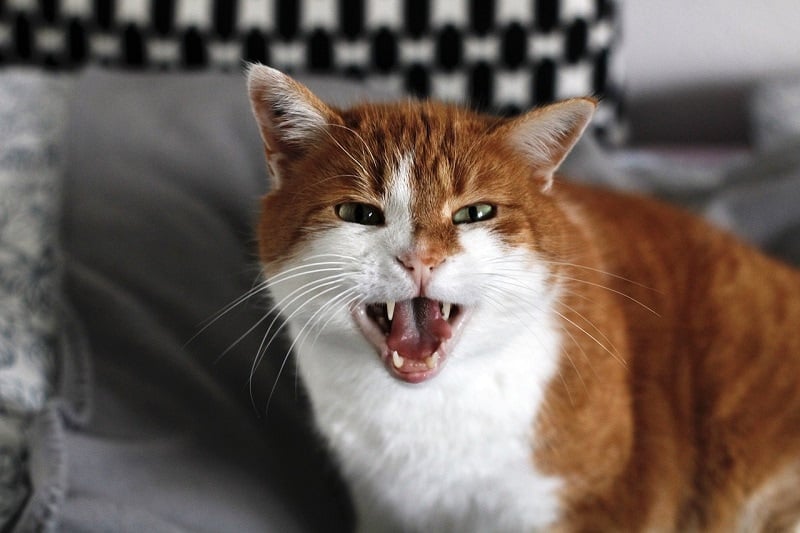
Should This Worry You?
Anxiety and stress in your cat should certainly worry you as they could lead to deeper issues if left untreated. However, as long as you react promptly once you notice signs of stress and anxiety in your feline, you should help it resolve the problem, get better, and slowly introduce playtime again.
One of the most important things is to allow your feline to adjust to playing at its own pace, as rushing things could lead to your cat being more stressed or aggravated.
4. Levels of Energy
The levels of energy in cats change with age, but they can also shift depending on the time of the day. It’s not uncommon for cats to be more active during dusk and dawn than throughout the day.
If your feline doesn’t want to play during the day and chooses to rest instead, it might simply prefer to play at a different time. That is entirely okay as all cats are different, although it’s good to verify that your cat is playful at one point of the day to rule out other possible causes of lack of playtime.
Should This Worry You?
As long as your feline gets the required exercise through playing at some point in the day, there’s nothing you should worry about. Play time is good for your cat’s health, regardless if it happens in the middle of the day or the middle of the night.
Still, remember to check your feline and ensure it’s indeed playing at one point of the day. That way, you’ll know there’s nothing else going on and your cat simply isn’t interested in playing at the same moment as you.
5. Boredom
It’s also not uncommon for a cat to lose interest in play due to boredom. If you keep playing the same games and using the same toys, your cat could get tired of them, making it avoid play.
Overall, it’s a good idea to always include new activities, games, and toys as long as your feline feels comfortable with them. Small changes in the routine could positively affect your cat and encourage more playing.
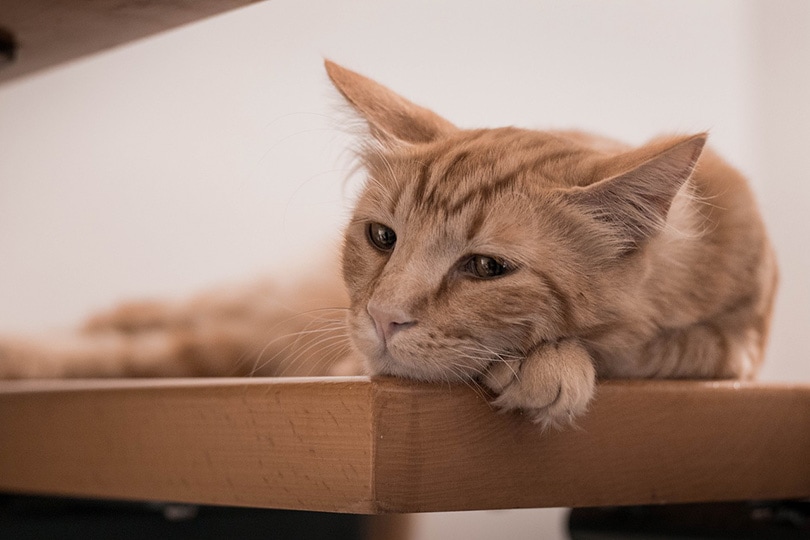
Should This Worry You?
You shouldn’t be worried if your cat is bored, but you should look for ways for your feline to participate in playful activities again. You can look up new games online, introduce new toys, or get your cat a companion.

Final Words
When a cat isn’t interested in playing, it’s crucial to find the cause of the problem. It’s not uncommon for cats to occasionally avoid playing, but every feline needs play time to develop properly and remain healthy. Look for ways to help your cat and slowly introduce new playing techniques to promote good behavior and increase their motivation to play.
Featured Image Credit: Axel Bueckert, Shutterstock
